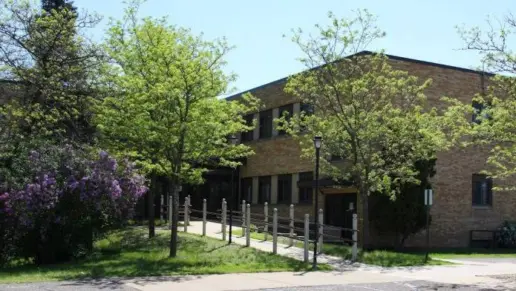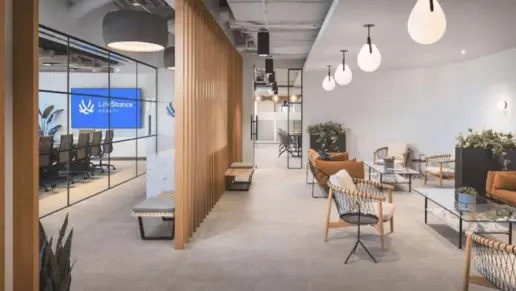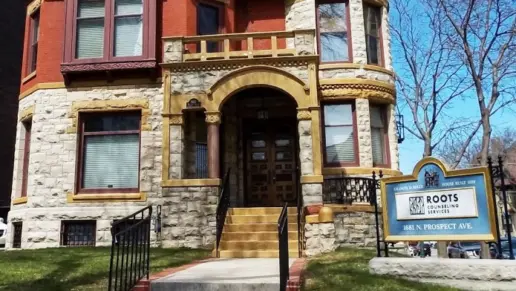They don't really provide you with what they offer. All they did was charge me a lot of money and sent me to many group meetings.
About Jackie Nitschke Center
Jackie Nitschke Center in Green Bay, Wisconsin, provides a full continuum of care for those seeking addiction treatment. A 28-day residential treatment program, intensive outpatient program (IOP), traditional outpatient programs, and aftercare support helps ensure there is the right treatment program and support for each person on their journey to recovery. Treatment is created with the belief that addiction is a disease not a choice, and an individual struggling with this disease needs holistic support for their physical, behavioral, spiritual and mental wellbeing.
Residential treatment typically lasts 28 days. Residents are medically monitored throughout their stay. Treatment delves into the trauma and experiences that contributed to addiction and the feelings associated with the struggle of addiction. Individuals learn coping skills, healing and how to plan for a healthy future.
A step down from residential treatment, but still offering comprehensive support, is the intensive outpatient program that includes therapy three times a week. The program offers flexibility of day or evening programs so individuals can meet their community and family responsibilities while engaged in treatment. There is also a standard outpatient program that offers weekly sessions and groups to help support long term success in recovery.
They also have a recovery housing program to help individuals set life goals and create a healthy sober life and community. They learn the power of giving back and serving others while developing the skills to help themselves.
Individual, group and family therapy are all part of treatment. There are family education and recovery programs to help support the long term goals and successful sober life of individuals and those they love.
The Jackie Nitschke Center accepts most insurance and is considered in network with most plans including Badger Care plans. Be sure to check with your personal health insurance provider to ensure you are covered and so you understand what options are available to you. There is also a legacy fund to offer financial assistance if you’re struggling with the cost of treatment.
Latest Reviews
Rehab Score
Gallery
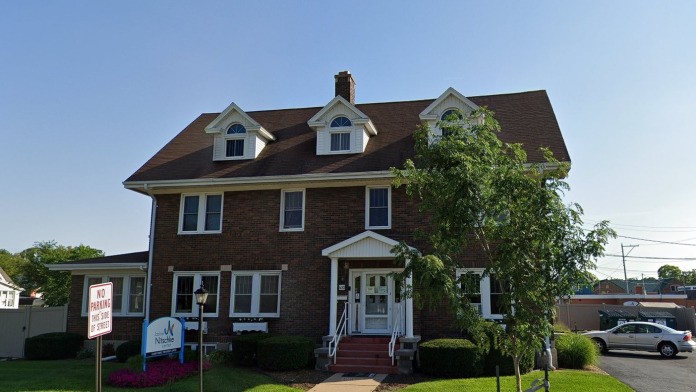
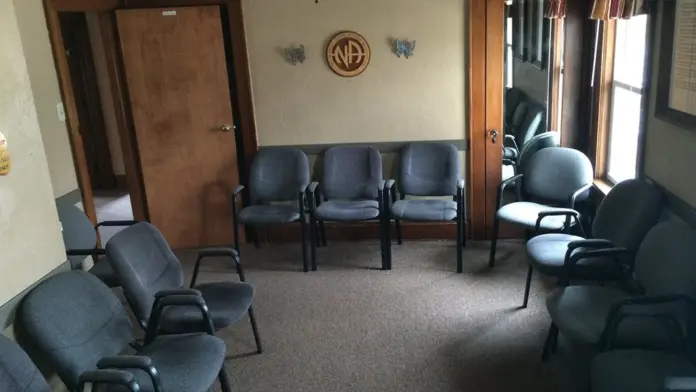
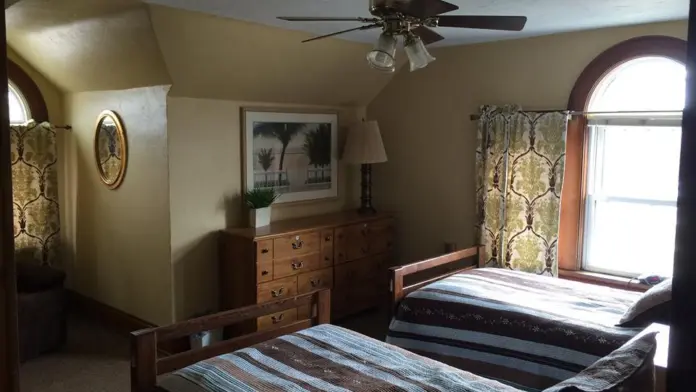
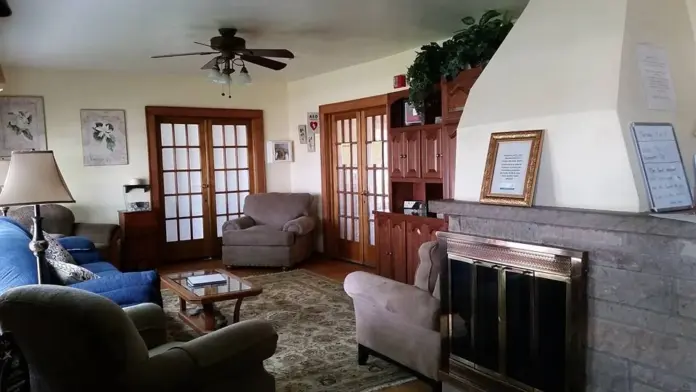
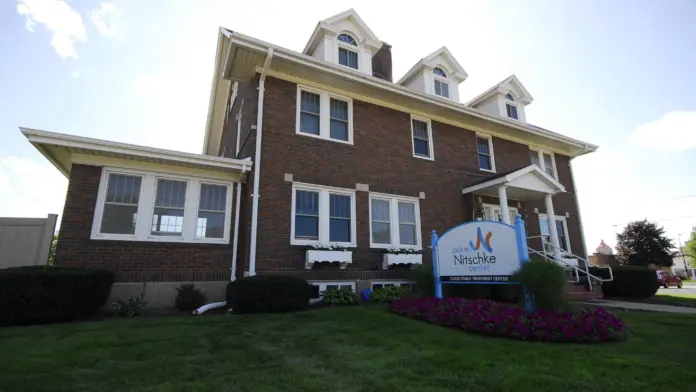
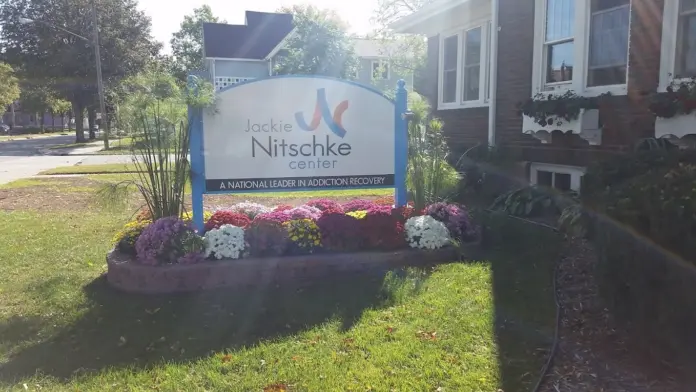
Location
Other Forms of Payment
Private insurance refers to any kind of healthcare coverage that isn't from the state or federal government. This includes individual and family plans offered by an employer or purchased from the Insurance Marketplace. Every plan will have different requirements and out of pocket costs so be sure to get the full details before you start treatment.
Self-pay involves paying for treatment out of your own pocket. You can use savings or credit, get a personal loan, or receive help from family and friends to fund your treatment. If you don't have insurance or your insurance plan doesn't cover a specific program, self-pay can help ensure you still get the care you need.
Financial aid can take many forms. Centers may have grants or scholarships available to clients who meet eligibility requirements. Programs that receive SAMHSA grants may have financial aid available for those who need treatment as well. Grants and scholarships can help you pai for treatment without having to repay.
Military members, veterans, and eligible dependents have access to specific insurance programs that help them get the care they need. TRICARE and VA insurance can help you access low cost or no cost addiction and mental health treatment. Programs that accept military insurance often have targeted treatment focused on the unique challenges military members, veterans, and their families face.
Addiction Treatments
Levels of Care
Treatments
The goal of treatment for alcoholism is abstinence. Those with poor social support, poor motivation, or psychiatric disorders tend to relapse within a few years of treatment. For these people, success is measured by longer periods of abstinence, reduced use of alcohol, better health, and improved social functioning. Recovery and Maintenance are usually based on 12 step programs and AA meetings.
The goal of drug rehab in Wisconsin is to address drug addiction as a complex issue that involves physical, mental, and relational aspects. During rehab, treatment focuses on each of these areas and gives you the tools you need to achieve and maintain sobriety.
Opioid rehabs specialize in supporting those recovering from opioid addiction. They treat those suffering from addiction to illegal opioids like heroin, as well as prescription drugs like oxycodone. These centers typically combine both physical as well as mental and emotional support to help stop addiction. Physical support often includes medical detox and subsequent medical support (including medication), and mental support includes in-depth therapy to address the underlying causes of addiction.
Substance rehabs focus on helping individuals recover from substance abuse, including alcohol and drug addiction (both illegal and prescription drugs). They often include the opportunity to engage in both individual as well as group therapy.
Programs

Clinical Services
Individual therapy offers you a tailored approach to treat drug addiction. This focuses on your unique needs and offers you personalized support outside of a group setting. You begin to understand what triggers your addictive behavior and develop coping skills that can support your recovery.
During couples therapy, you will engage in activities that promote forgiveness, healthy communication, and understanding. You'll receive "homework" to practice these skills during the week between sessions. Couples therapy typically lasts around 12 weeks.
Research clearly demonstrates that recovery is far more successful and sustainable when loved ones like family members participate in rehab and substance abuse treatment. Genetic factors may be at play when it comes to drug and alcohol addiction, as well as mental health issues. Family dynamics often play a critical role in addiction triggers, and if properly educated, family members can be a strong source of support when it comes to rehabilitation.
Amenities
-
Residential Setting
Contact Information
630 Cherry Street
Green Bay, WI 54301
